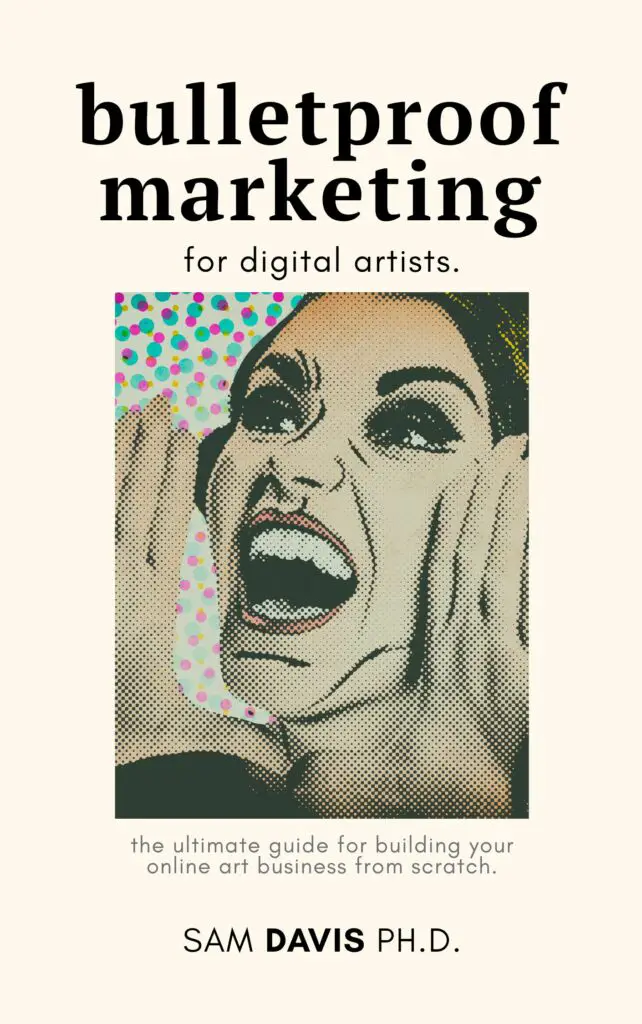When it comes to SEO, building credibility is key. As an SEO professional, you need to be able to show your clients and customers that you know what you're doing and that you can help them achieve their desired results. In this blog post, we will discuss three essential factors that contribute to your credibility: expertise, authority, and trustworthiness. We'll also provide some tips on how to build credibility with your clients and customers!
Google's E-A-T (expertise, authoritativeness, trustworthiness) algorithm is one way in which Google attempts to ensure high quality content being delivered by their search engines. EAT is the answer to “how to establish credibility in SEO.” Google E-A-T is a stand in for page quality. Improving your EAT/SEO is a great way for your site's ranking factor to increase. Let's dive in!

What does Google E-A-T stand for?
If you've ever worked in SEO, you've probably heard of Google's E-A-T guidelines for your web page. But what exactly does E-A-T stand for? According to Google, E-A-T stands for “Expertise, Authoritativeness, and Trustworthiness”. In other words, Google wants to see that your website is created by experts in your field, that it is a reliable source of information, and that visitors can trust the information on your site. By following these guidelines, you can help improve your website's ranking in search results and ensure that it is providing valuable information to its users.
Your website's E-A-T becomes even more important if your website is part of a category of the web known as “YMYL” sites – or “Your money or your life” websites. These are websites that deal with things that can impact your quality of life – like doling out medical advice, business advice, or even stocks. YMYL websites are everywhere, and Google wants to prevent the spread of misinformation as much as they can.
Is my site a YMYL (your money or your life) website?
To figure out if your website could be considered a YMYL (your money or your life) website, ask yourself the following questions. First, does your website deal with sensitive personal information, such as financial data or medical records? If so, then it may be considered a YMYL website.
Second, does your website provide advice that could potentially impact someone's health or finances? For example, if you give advice on investing money or managing debt, then your website could be considered a YMYL site.
Finally, does your website offer goods or services that could have a major impact on someone's well-being? For example, if you sell products that are intended to be used for medical purposes, then your site would likely be considered a YMYL website.
If you answered yes to any of these questions, then your website may be subject to additional scrutiny from Google. However, this doesn't mean that you can't rank well in search results. It just means that you'll need to take extra care to ensure that your content is of the highest quality.
How concerned should I be about E-A-T criteria?
If you're running your own small business, building web pages that explore your love of a hobby, or being truly authentic about your everyday expertise: you've got nothing to worry about. Google's algorithm rewards high quality content, even if it sometimes falls into YMYL.
If you create high quality content, then your Google E-A-T ranking factor will likely be fine. Google's E-A-T guidelines are meant to ensure that users are getting accurate and trustworthy information from the websites they visit. As long as you're meeting those criteria, you shouldn't have any problems.
Of course, if you're running a website that deals with sensitive information or provides advice that could potentially impact someone's health or wellbeing, then you need to make sure that you rank high among authoritative sites. Otherwise, where your website lands in Google search results may be impacted.
What about other search engines?
Every search engine has its own ranking factors. That being said, until recently, search engine optimization (SEO) strategy has been focused on Google E-A-T and other guidelines because the Google algorithm is the dominant search engine in the world.
If you think your target audience is visiting other search engines, then you should not only create content Google likes – you should also focus on another search algorithm. While I don't envision anyone using Bing as their number one, DuckDuckGo, alongside visual search engines like Pinterest and TikTok, might be good alternatives to optimize for.
Ultimately, Google E-A-T guidelines only apple at Google. In addition, Google's quality rater guidelines may be interpreted differently by different raters. So if your content gets flagged with a manual review and you don't like the outcome, just appeal it.
What happens if I do fall under YMYL criteria?
If you happen to fall under the YMYL criteria, there are a few things that could happen.
First, your website could get a manual action placed against it from Google. This means that someone at Google (a quality rater) has reviewed your site and determined that it is not up to their quality standards. As a result, your site may be penalized in the search results.
Additionally, you may receive a warning from Google telling you that your site is not in compliance with their guidelines. If you do not take action to fix the issue, your site could be removed from the search results entirely. Finally, if you repeatedly violate Google's guidelines, you could be banned from using their search engine altogether.
While this may seem like a harsh punishment, it is important to remember that Google's goal is to provide users with the best possible experience. When websites violate their guidelines, it compromises the user experience and reflect poorly on Google. As a result, they have to take action in order to maintain their high standards.
While search quality rater guidelines are officially private, you can guess what they might be. Search quality rater guidelines will include things like:
- Is the person creating content a known expert with established backlinks, like a Wikipedia page or news article?
- Do they have more than everyday expertise?
- Are they credible? Is the content well-researched and free of errors?
If you're able to answer yes to all of these questions, then you're likely on the right track. Quality raters will differ in their final determination of your website. But you can always try to appeal if you disagree with their results.
Thankfully, for most small business and sticker sites, YMYL just doesn't apply to your ranking factor. As long as you're not trying to game the system or provide low-quality content, you should be fine. Just focus on creating quality content that your target audience will find useful and you'll likely see success in the search results.
If you have any questions about Google E-A-T or how it applies to your ultimate ranking factor, leave them in the comments below!

